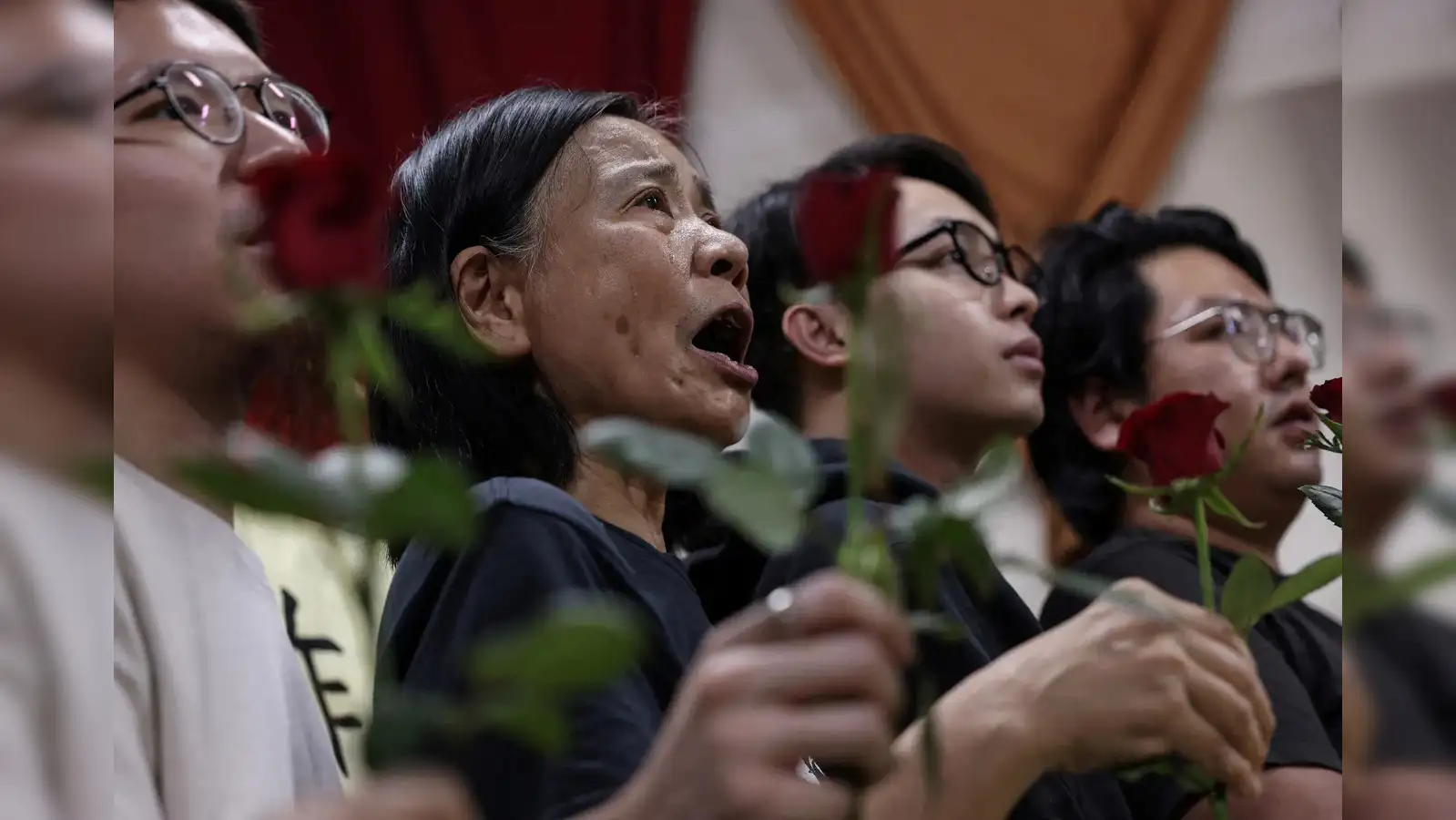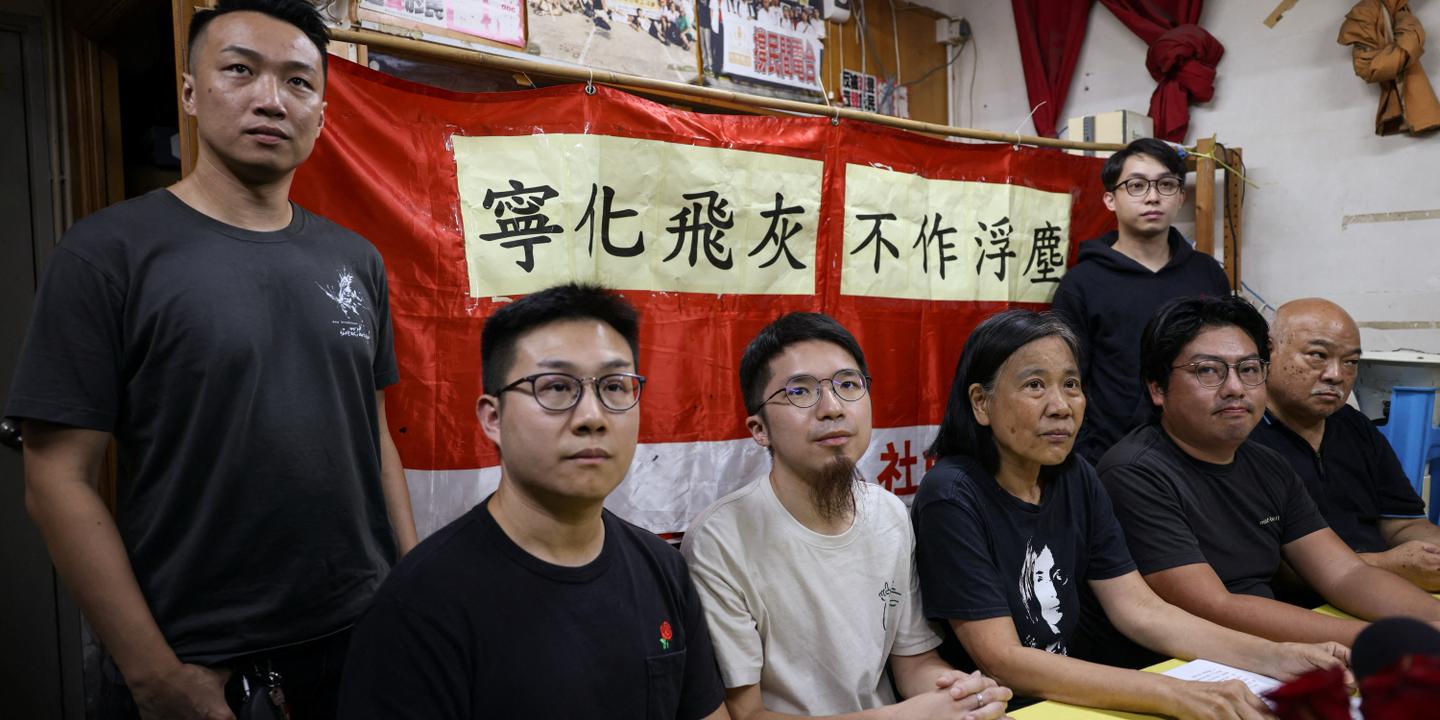Introduction
The League of Social Democrats (LSD), Hong Kong’s last major pro‑democracy party, announced its dissolution on June 29 after nearly 20 years of activism.hong kong pro-democracy party Driven by “immense political pressure,” the party’s shutdown underscores Beijing’s tightening grip on civil society under the national security regime.
Why the Party Disbanded

Founded in 2006, the LSD was known for its street protests and grassroots campaigns. At a press briefing, chairperson Chan Po‑ying stated the party had no choice as its bank accounts were frozen in 2023, members were jailed, and legal consequences piled up. “The road has narrowed beyond passage,” she said, emphasizing the Legion’s decision was aimed at safeguarding its members.
Legal Context: NSL & Article 23
In 2020, Beijing enacted the sweeping National Security Law (NSL), criminalising acts like subversion, secession, and collusion with foreign forces. Since then, more than 332 arrests have been made under the law. In 2024, Hong Kong passed a local Article 23 law, expanding penalties and further chilling political expression (Amnesty).

The Real-World Impact
- No organized opposition: The LSD’s exit leaves no formal pro‑democracy parties active in Hong Kong.
- Institutional collapse: Civic society groups, media outlets, and moderate parties have all been dissolved or silenced.
- Self-censorship: Businesses face inspections and anonymous complaints; activists avoid activism for fear of reprisals (AP News).
- Global attention: U.S. and U.K. have denounced the crackdown, citing erosion of “one country, two systems.”
Voices from Within
Chan Po‑ying reflected on the party’s legacy: “We have endured hardship… and witnessed erosion of civil society and the suppression of dissent.” She urged the public to remain like a “small ember—carrying the light.” Vice-chair Dickson Chau warned, “Political rights have almost totally gone… It’s not safe to even be an activist.”
Authorities’ Justification
Beijing officials maintain the NSL and Article 23 were necessary to restore order post-2019 protests. Xia Baolong, Beijing’s liaison, described “soft resistance” from “anti-China elements” that must be contained to secure stability.
What’s Next?
Without formal parties, Hong Kong’s democratic voice faces bleak prospects. Many see only external diplomatic pressure or future legal action as paths to restoring political expression. Some observers, however, note signs of “quiet resilience”—small acts by individuals, like independent bookshops and online publications, that preserve dissent quietly hong kong pro-democracy party.

Conclusion
The dissolution of the League of Social Democrats marks an alarming turning point in Hong Kong’s democratic decline. With institutional opposition eliminated, the role of citizens becomes ever more critical in maintaining democratic values. While formal mechanisms have vanished, the essence of dissent lives on in small embers of resistance hong kong pro-democracy party.
👉 Related coverage: Hong Kong’s Security Law Impact